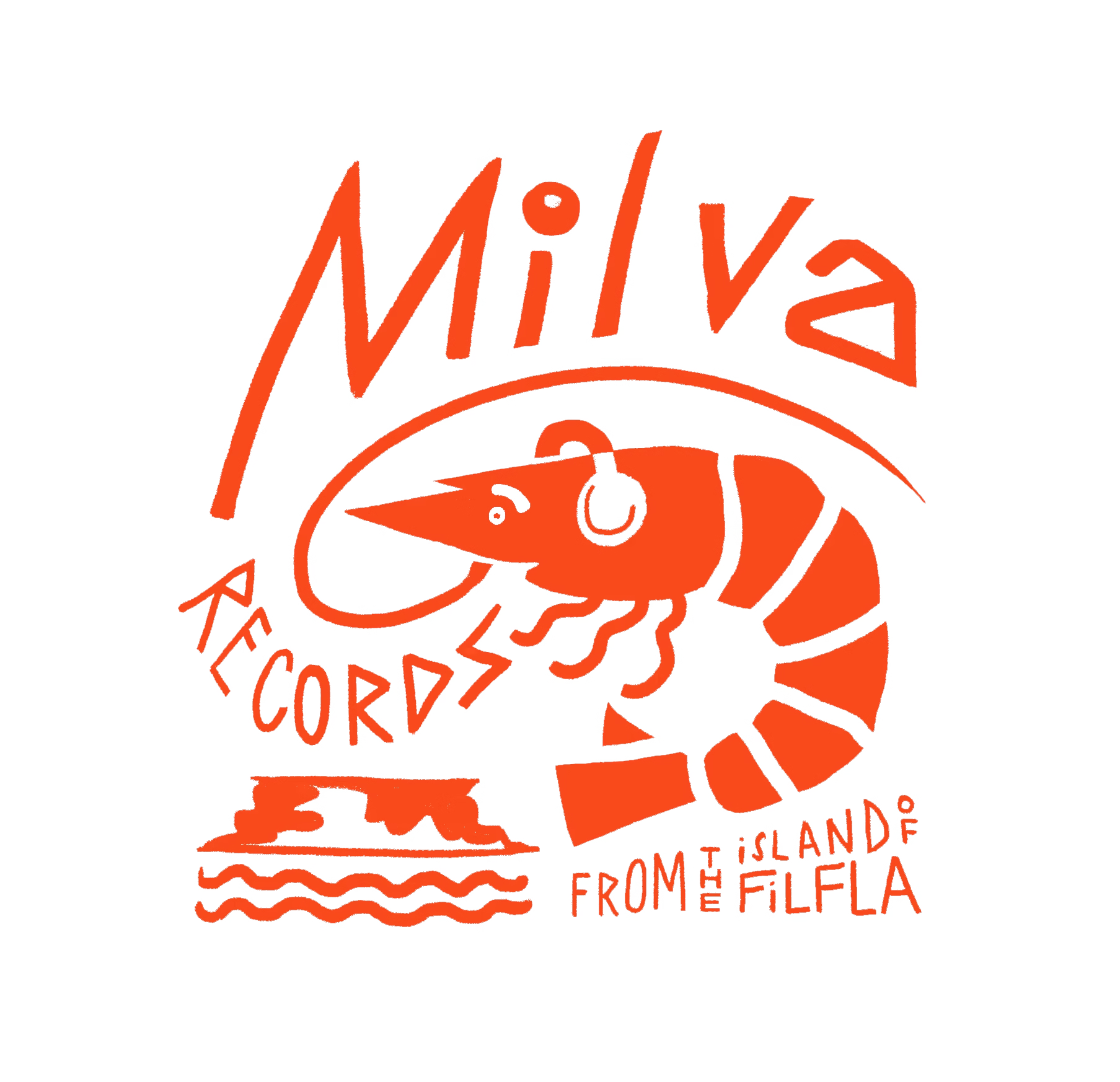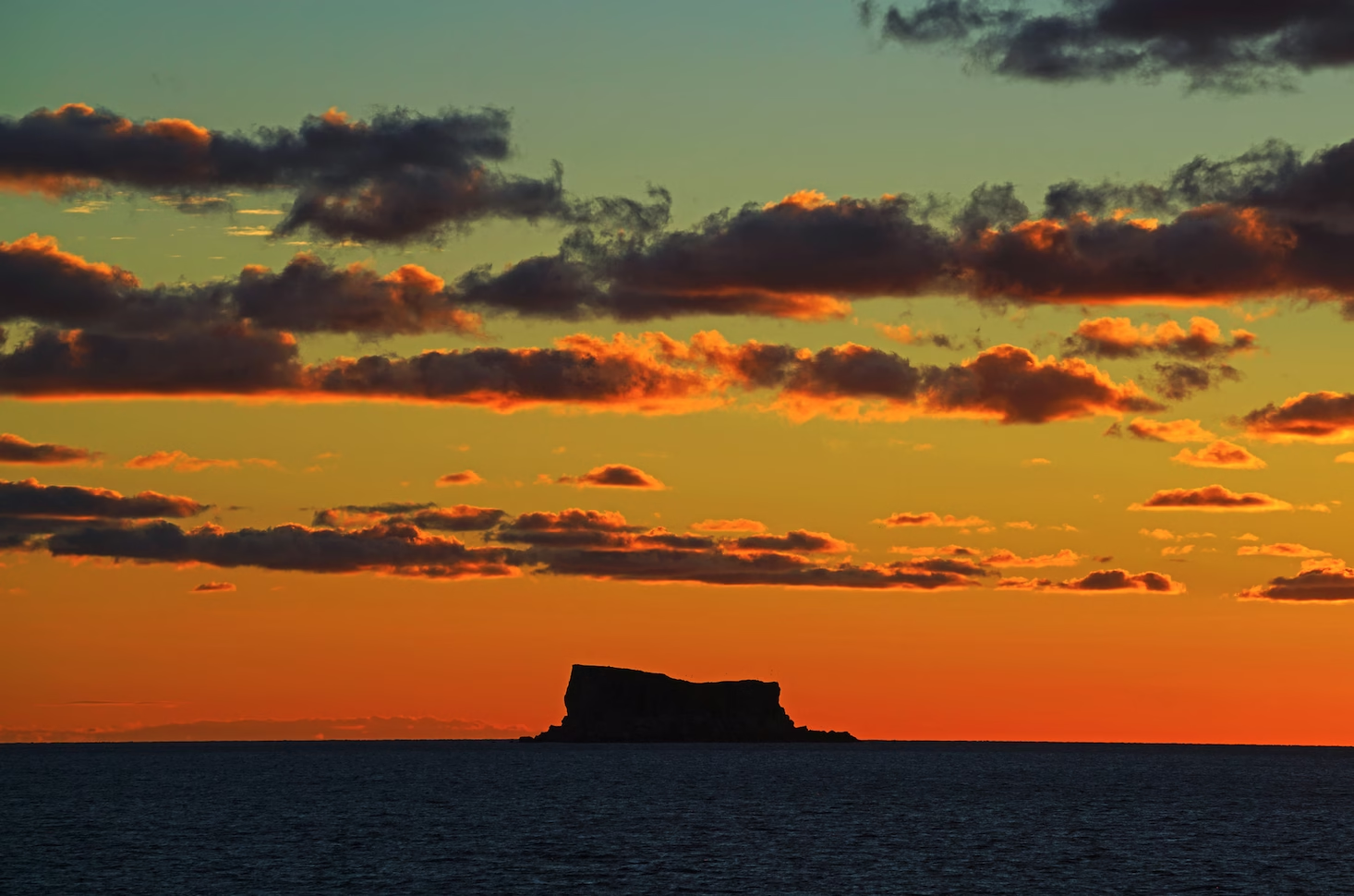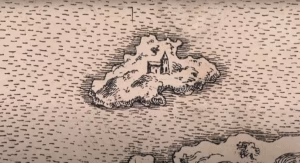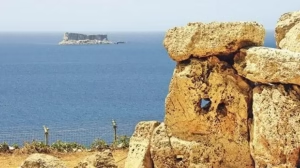Filflian – The man that lived on Filfa
The story of a man living on Filfla (to escape “the plague”) appears to be a blend of myth and speculation rather than a verified historical account.
While Filfla has a fascinating history, including potential use as a spiritual site by Neolithic Maltese and a 14th-century chapel for fishermen seeking refuge, there is no concrete evidence to confirm that someone sought shelter there specifically during the plague.
The island’s harsh conditions—a barren limestone plateau with little vegetation or freshwater—would have made long-term survival difficult. Additionally, no historical records or archaeological findings explicitly support the idea of a plague survivor inhabiting the island.
However, similar legends and myths often emerge surrounding isolated places like Filfla, likely due to their mysterious and remote nature, coupled with historical events like the plague’s devastation. This story may be an intriguing but unverifiable part of the island’s lore.
Here‘s a haiku for you, lonely reader;
Lonely limestone throne,
Ocean whispers secrets loud—
Freedom’s heart beats here.
Further musings: If we interpret the “plague” metaphorically, as representing overpopulation, corruption, or the overwhelming nature of modern society in Malta, the idea of a visionary man choosing to live on Filfla becomes a powerful symbol of seeking simplicity, purity, and freedom from societal flaws. Filfla’s isolation would offer a stark contrast to Malta’s crowded towns and cities, providing an untouched sanctuary for contemplation, self-sufficiency, and escape from societal ills.
Such a person might see Filfla as a “blank slate” of existence, where nature rules supreme and human interference is absent. In this light, the man becomes a figure of resistance—rejecting the chaotic, corrupted motherland and embracing a purer, uninhabited world.
This Filflian visionary could be seen as a philosopher or environmentalist, retreating to Filfla not only as an escape but as a statement against the environmental degradation caused by urban sprawl and overdevelopment in Malta. Perhaps he believed in preserving what little wilderness remains?
Final haiku:
City’s roar behind,
A man finds peace on stone’s edge—
Nature calls him home.
Milva
X



